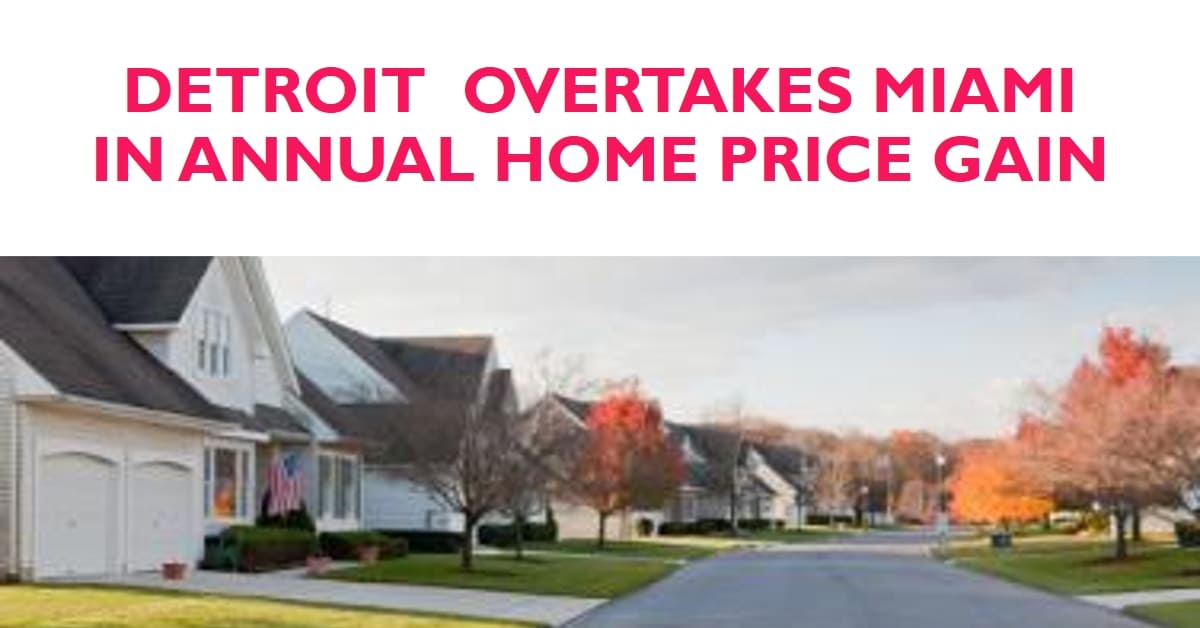Home prices across the nation are on a remarkable upward trajectory, showcasing a robust growth of 5.2% year over year in November 2023, according to the latest report from analytics company CoreLogic. This trend follows a significant 4.7% year-over-year increase in October 2023. Projections from CoreLogic indicate a steady continuation of this trend into 2024, foreseeing a 2.5% year-over-year growth in November 2024 compared to the same month in 2023.
Regional Variances in Price Growth
While the national trend is positive, certain states in the Northeast stand out with impressive gains. Rhode Island leads the pack with a staggering 11.6% year-over-year growth, followed closely by Connecticut at 10.6% and New Jersey at 10.5%. On the flip side, areas experiencing year-over-year price declines in November include Idaho (-1.3%), Utah (-0.4%), and Washington, D.C. (-0.2%).
This robust and continued growth in home prices is particularly noteworthy in the face of the nation’s affordability crunch, pointing towards pent-up demand driving prices higher. Selma Hepp, Chief Economist for CoreLogic, emphasized the impact of prolonged inventory shortages and the lack of new homes for sale on price gains in 2023.
Mortgage Rates and Buying Power
The relationship between mortgage rates and buying power is crucial in understanding the dynamics of the housing market. The lower the mortgage rate, the greater the buying power for consumers. While a slight softening of prices is anticipated in the coming year, much of it hinges on the supply of homes. With current low supply levels and increasing demand due to lower mortgage rates, the prevailing trend suggests that prices have no immediate direction but up.
After experiencing record lows in the first two years of the Covid-19 pandemic, mortgage rates began rising sharply in 2022, reaching a more than 20-year high in October of the same year. Although the rates have since fallen back, hovering in the high 6% range, they remain a critical factor influencing the housing market's trajectory.
Detroit Overtakes Miami: A Housing Market Revelation
In a surprising turn of events, Detroit emerged as the leader in annual price gain at 8.7%, surpassing Miami, which held the top spot for the previous 16 months, with an 8.3% increase, as reported by CoreLogic.
Explaining Detroit's exceptional performance, Selma Hepp noted that the city had lagged in appreciation during the pandemic, contributing to a catch-up effect. Other Midwest areas are also experiencing stronger appreciation due to their more affordable nature.
Factors Behind Detroit's Rise
Despite the median price of a home in Detroit remaining among the most affordable in the nation, the market is considered overvalued in relation to local income levels. Approximately 82% of the nation's 397 metropolitan housing markets surveyed by CoreLogic are deemed overvalued, signaling that Detroit's home prices are disproportionately high compared to local household incomes. Notable exceptions include Boston, Chicago, Los Angeles, and Washington, D.C., which are considered “normal” in terms of valuation.
Hepp highlighted that the valuation perspective depends on the buyer demographic, with higher-income individuals increasingly investing in areas like Boston, Chicago, Los Angeles, and Washington, D.C. Detroit, once seen as a city in decline, has become an attractive destination for higher-tier housing. Overcoming its past, Detroit now attracts individuals with larger budgets, as their money stretches further in the city. The historic neighborhoods offer attractive housing stock that, while expensive for the area, provides value for what's available.
Investing in Detroit Real Estate
For real estate investors eyeing Detroit, selectivity in property choices is crucial. The CoreLogic report suggests that higher-income individuals seek better-than-average properties, emphasizing the importance of value for money. While the issue of affordability persists, it takes on a slightly different angle in a large metro area like Detroit.
In summary, the surge in home prices nationwide, with Detroit surpassing Miami, reflects a complex interplay of factors, including supply and demand dynamics, mortgage rates, and local market characteristics. As the housing market continues to evolve, staying informed about these nuances becomes imperative for both homeowners and investors.




